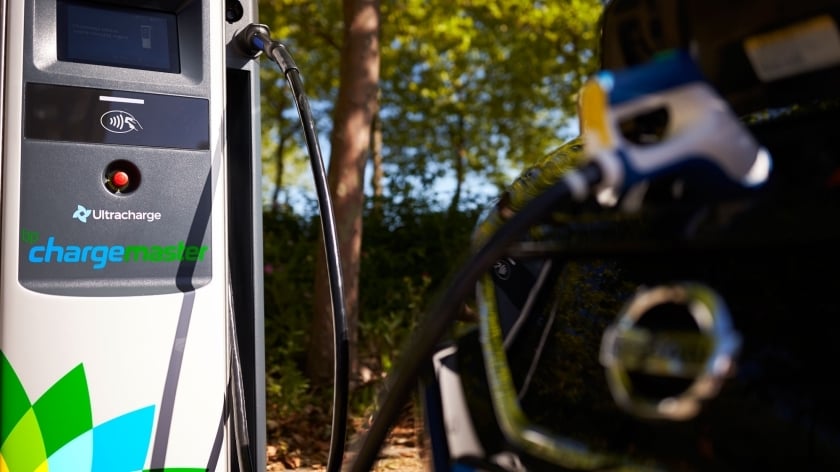There are key differences between industry’s expectations of transport electrification and those of consumers, a new report has found.
The One the Move report, commissioned by BP and created by Systra, found that only 57% of consumers in the UK believe there will be a fully electrified transport network by 2050.
The report is based on 22 interviews with experts from the private sector, government and academia, a survey of 12,000 consumers across the UK, Germany, Spain and the Netherlands, and ten case study interviews in the UK and Germany.
Of all the consumers surveyed, 70% thought a fully electrified network was a good idea and 55% would be interested in using a hybrid or fully electrified vehicle.
This comes as just over half (56%) said net zero should be achieved by 2030 and 72% by 2050. The discrepancy of targets being proposed by the UK’s political parties and activist groups have come under fire recently, with Polly Billington, director of UK100, describing dates as being “political rather than scientific”.
This is highlighted by the upcoming general election, now being described by many in the industry as a climate election, where net zero will likely play a significant role in campaigning.
The variety of technology making a bid to be the leader in transport decarbonisation was also surveyed as part of the On the Move report, with consumers being open to alternatives to battery electric vehicles. 63% predicted a future where cars run on biofuels and 58% hydrogen and the two alternative fuels were approved by 71% and 72% respectively.
It will also be a blend of strategies that drives decarbonisation of transport, according to the expert interviews. Electrification, shared mobility, connected transport and autonomous vehicles will all need to come together, however one in four of the consumers surveyed said they don’t see any of those changes becoming commonplace by 2030.
Tufan Erginbilgic, chief executive of Downstream at BP, said: “As this research makes clear, there is no single solution for reducing emissions in road transport. Technology and energy businesses, governments and OEMs all need to work closer together if we are to make a real difference.”
The top barrier identified to purchasing an EV was cost, with 47% identifying it as a deterrent, then charge points (40%), battery life (39%) and charging time (37%).
To overcome these barriers and enable decarbonisation of transport, several enablers will be required, according to the experts contributing to the report. Electrification enablers included:
- Tax incentives and grants for purchasing EVs and installing residential chargers.
- Delivery partnerships between government and charge point providers.
- Standardisation of charging infrastructure.
- Consumer education on charging infrastructure and use.
Standardisation of charging infrastructure has been a much-discussed issue of late, with BP Chargemaster being one of the targets of a letter from the chair of the All-Party Parliamentary Group on electric vehicles calling for interoperability.
BP Chargemaster hit a milestone last month with the installation of its first 150kW charging hub in London.
Alternatively fueled vehicles are rising in popularity, making up nearly 10% of UK sales in October this year, a record share for the sector.
Katie Hall, transport planning director of Systra, said: “Our research demonstrates that to have a real impact we must incentivise consumers to make lower carbon choices through improved infrastructure, government and business partnerships and an integrated transport network.”






